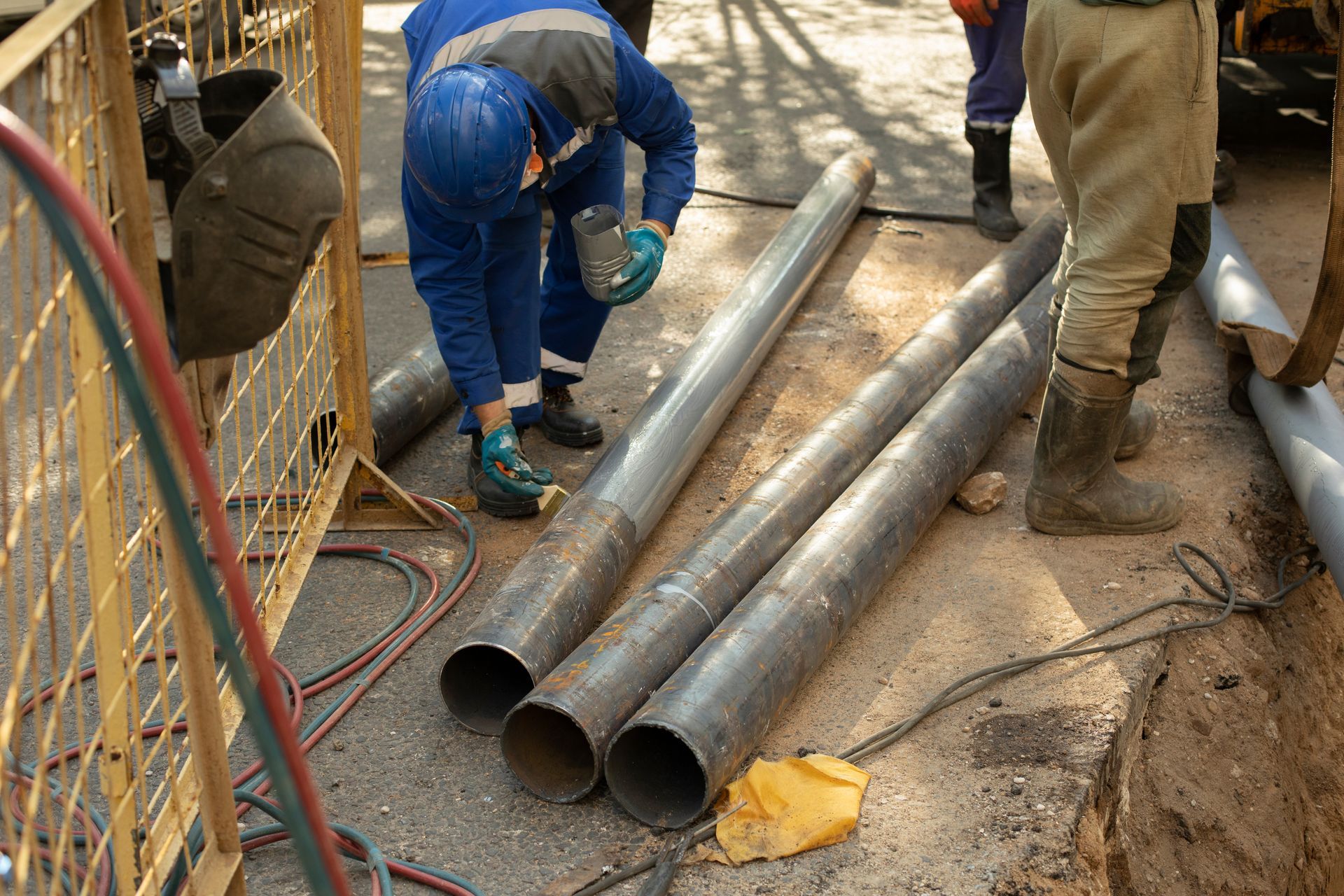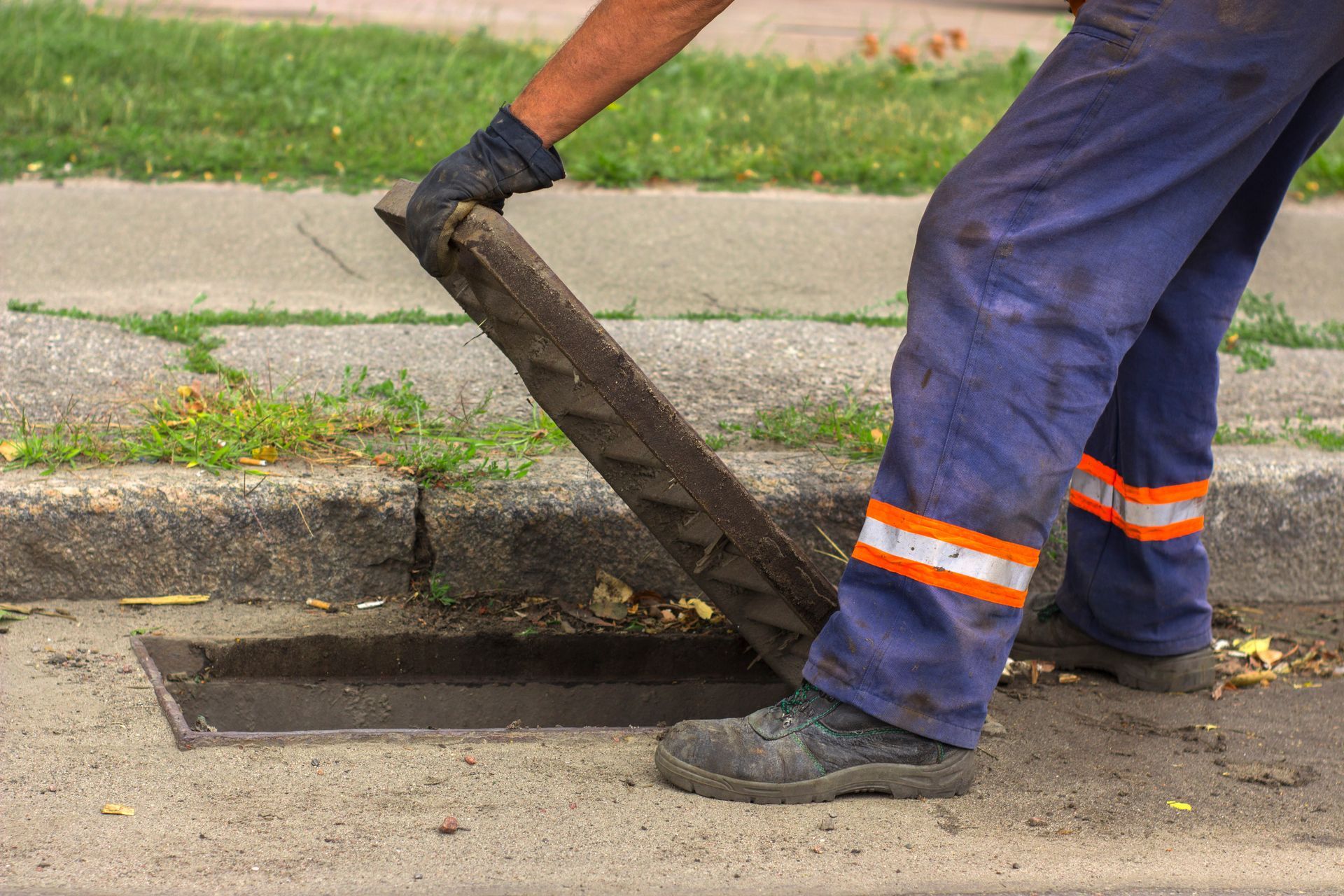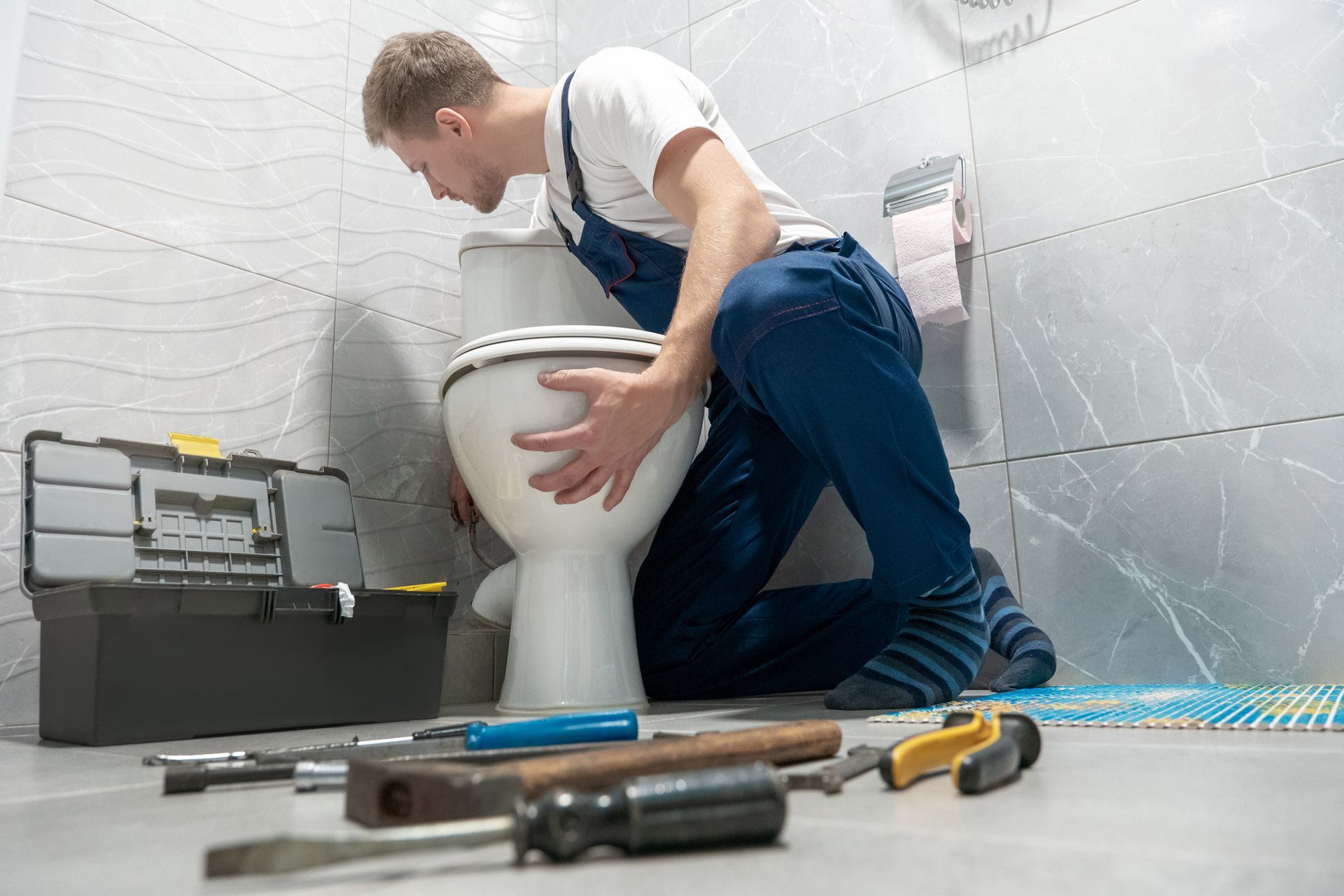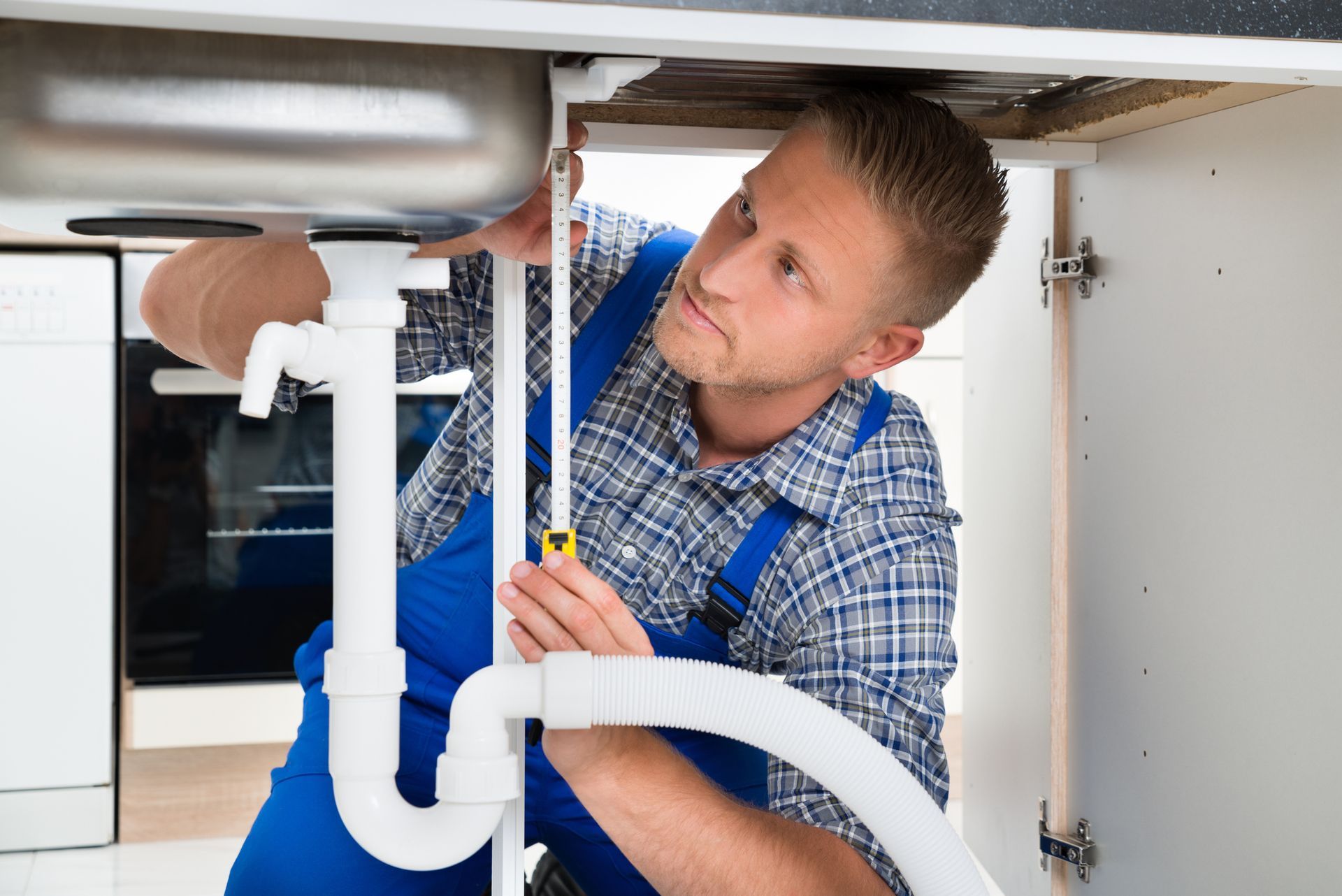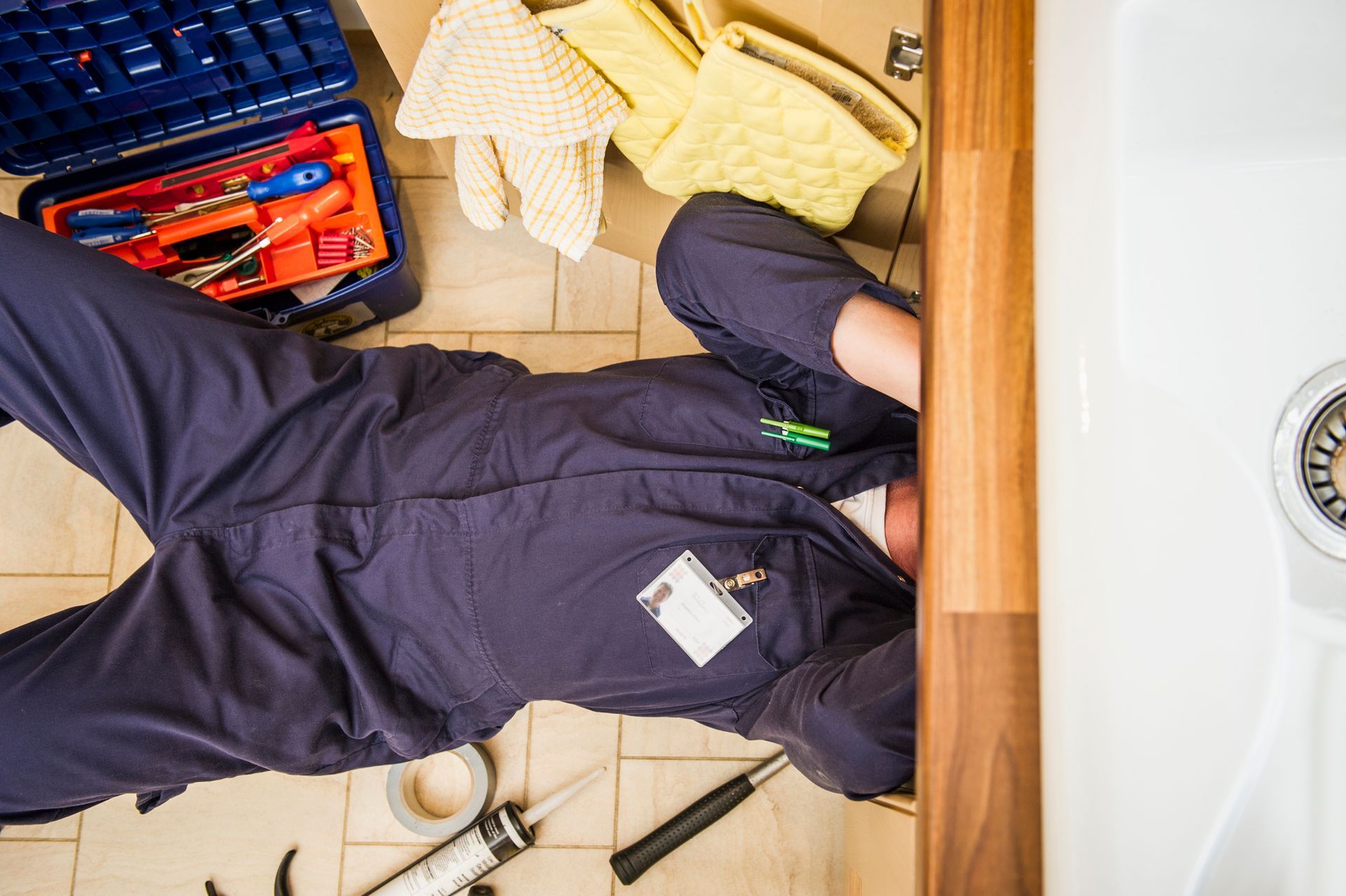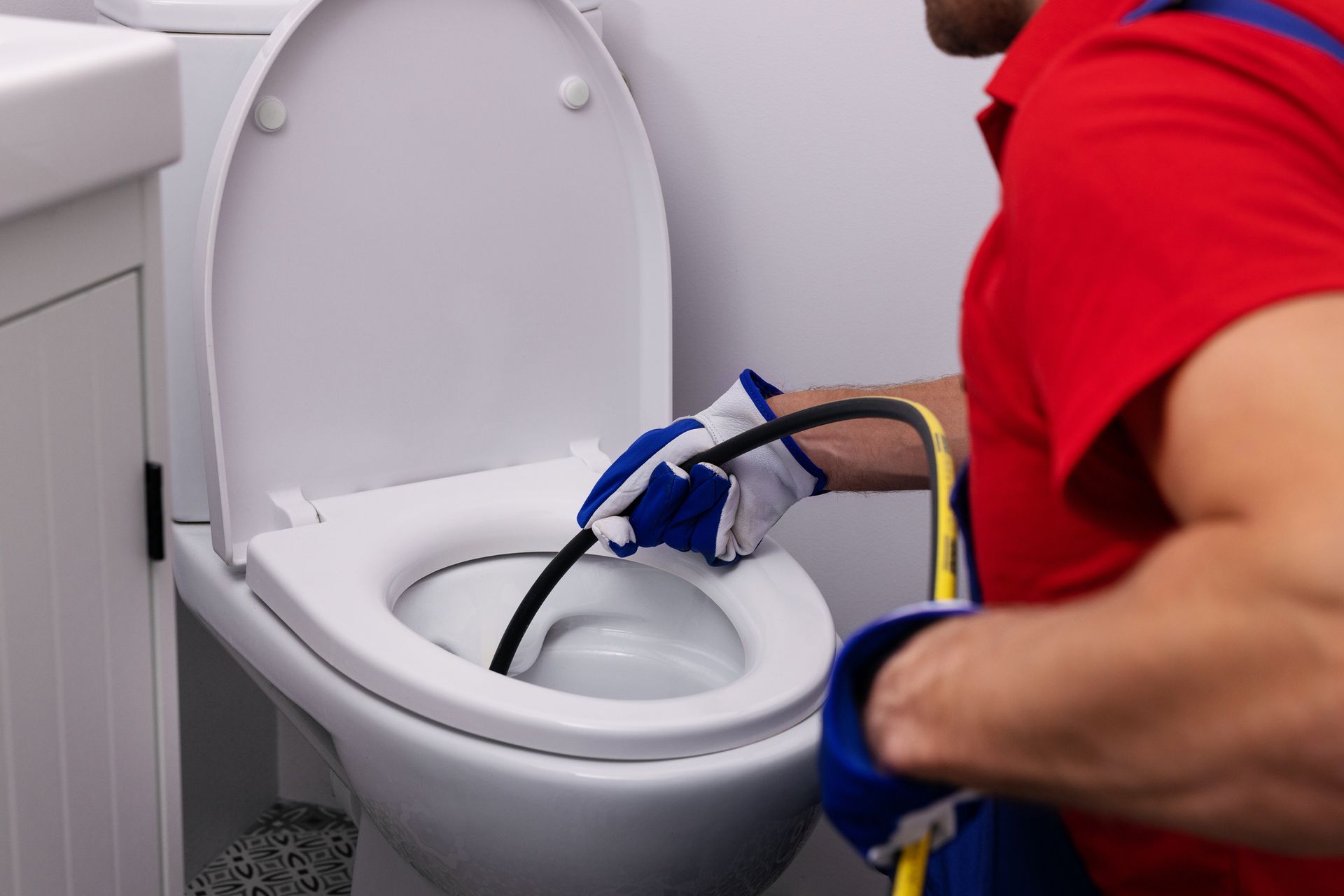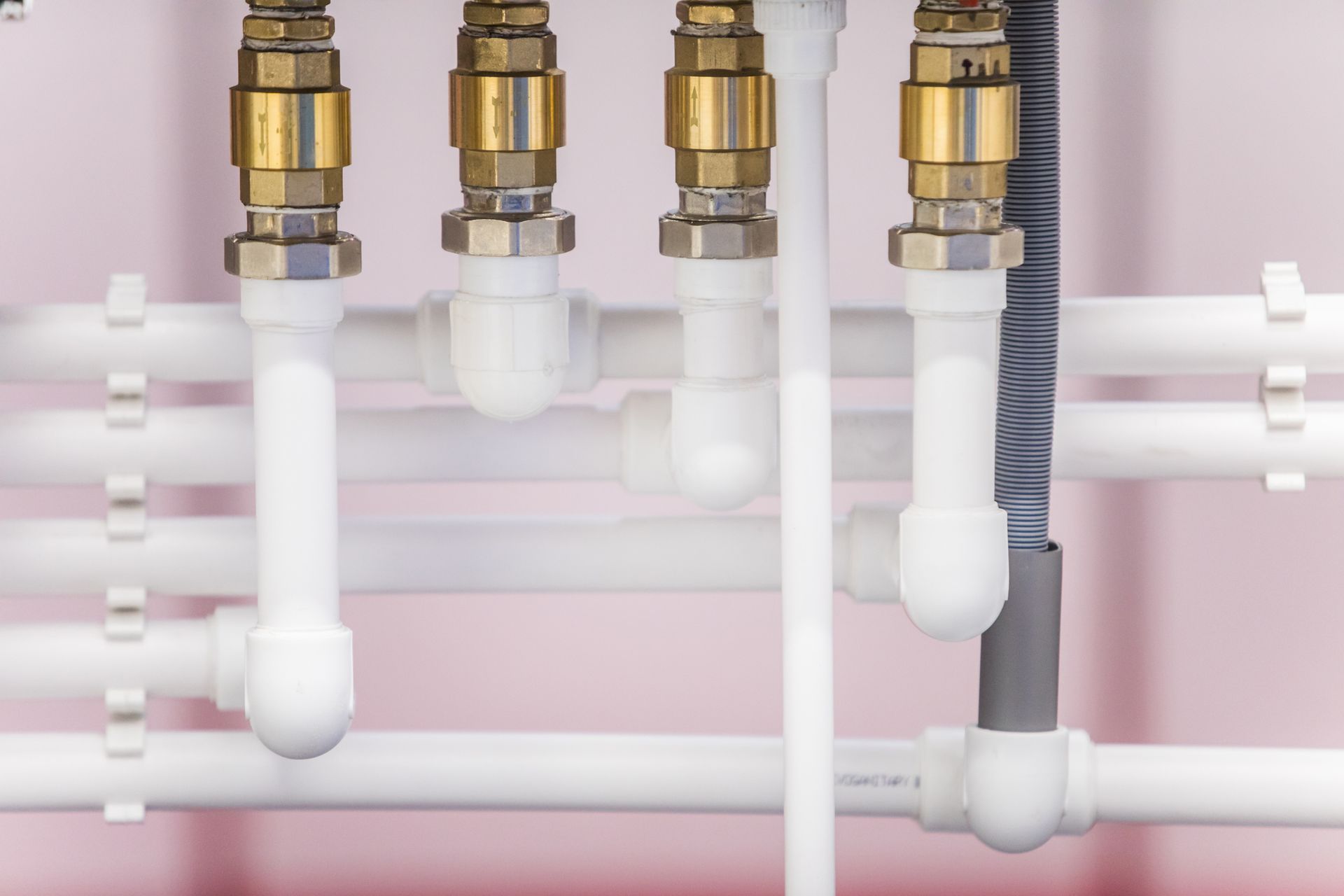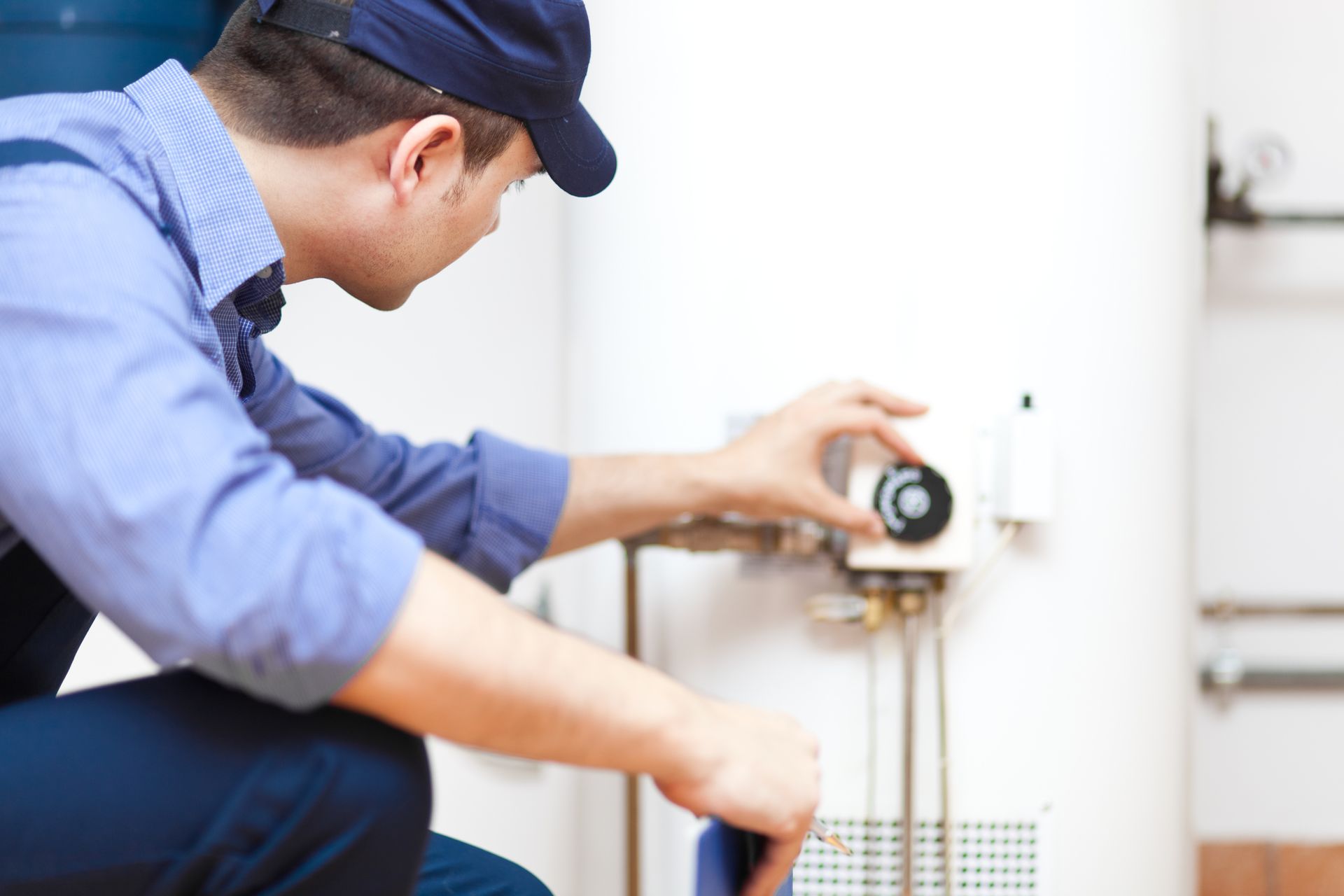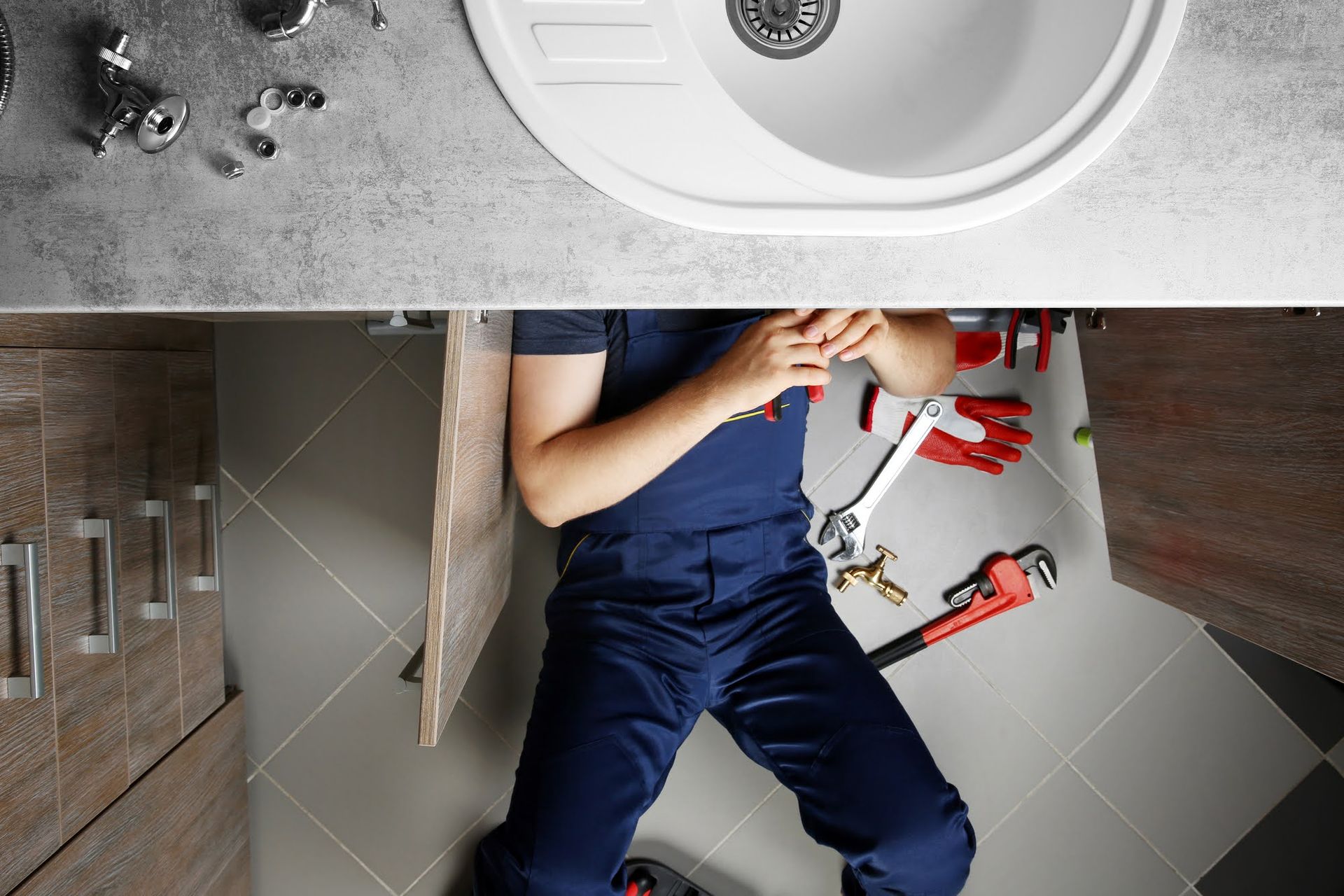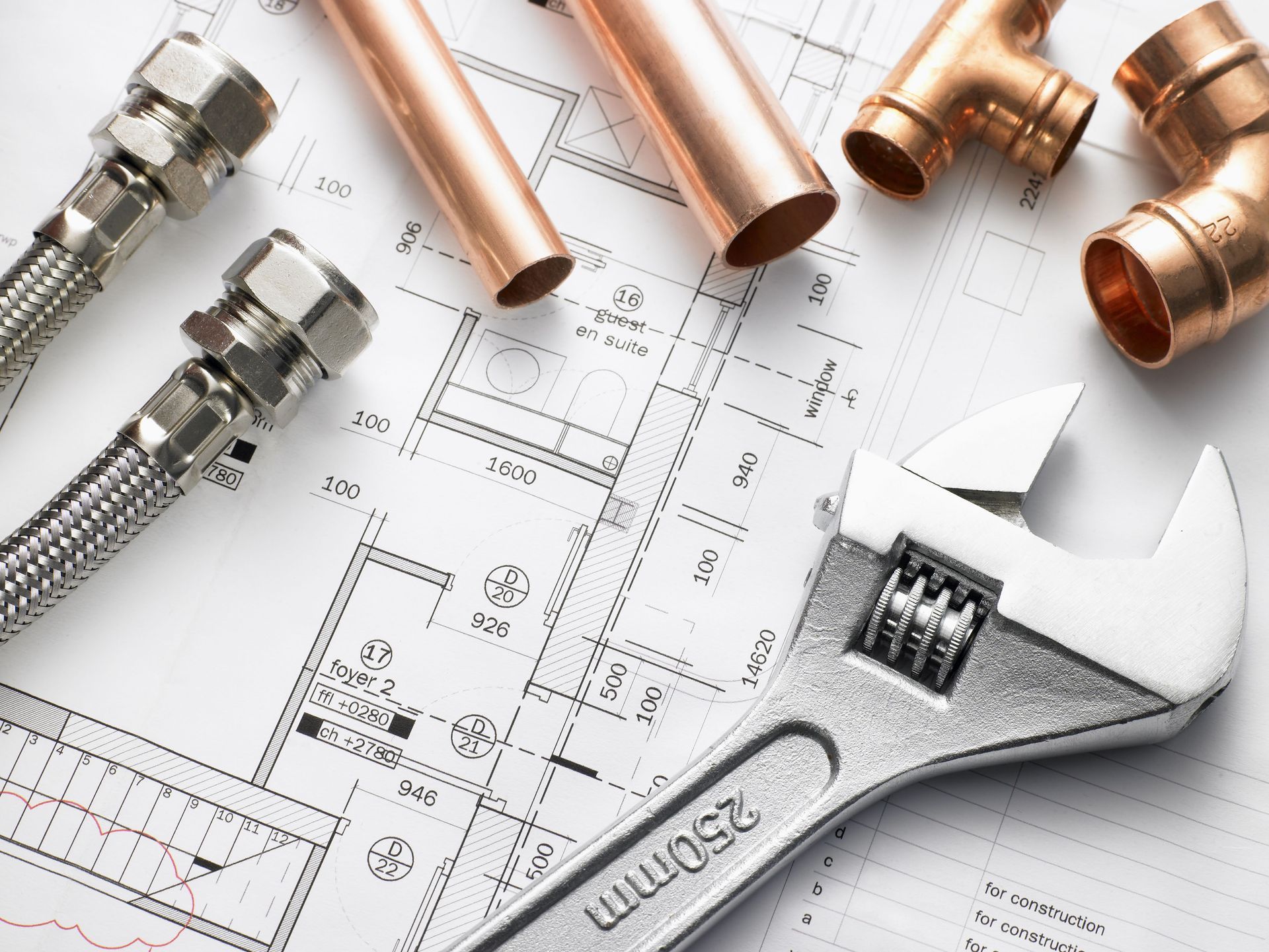7 Common Plumbing Mistakes to Avoid
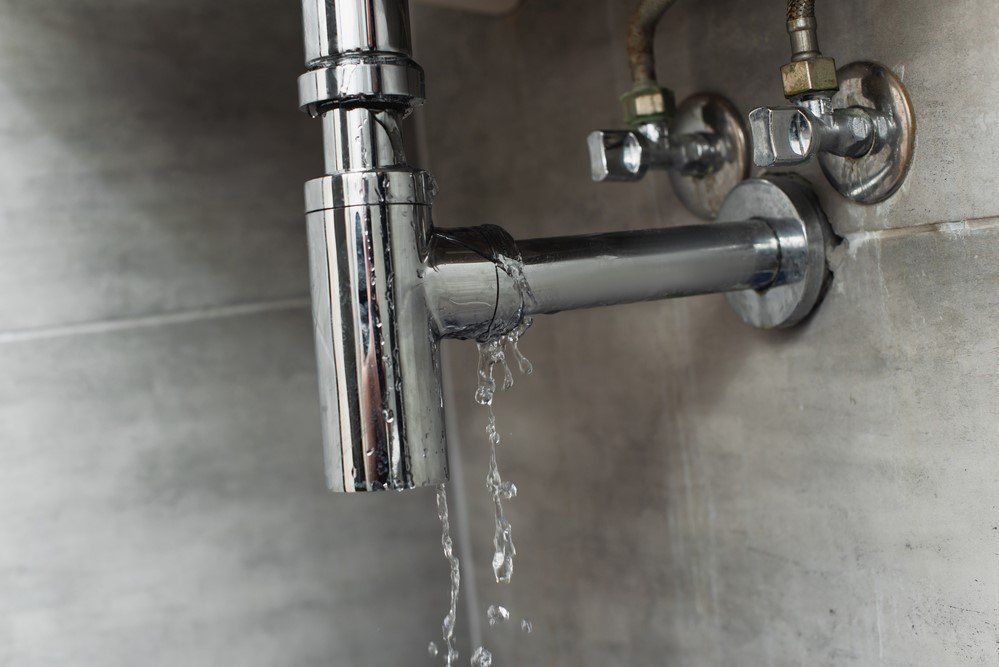
Plumbing mistakes are easy to make, but once they're made, they can cause many problems. Homeowners who don't know better can inadvertently cause clogs, leaks, and a variety of other plumbing issues. Knowing how to avoid these common plumbing mistakes can help you take care of your home while saving money on plumbing repair.
1. Wrapping Plumbing Thread Backwards
Many homeowners know they're supposed to wrap plumbing tape around threaded pipes to fill gaps and prevent leaks, but they don't know that they're supposed to wrap plumbing tape around the thread in a clockwise direction. Tape wrapped around pipe threads going the wrong direction will come off when the pipe is screwed together with a fitting or fixture.
At best, tape wrapped the wrong direction does no good for the pipe. At worst, the tape could cause a clog.
2. Failing to Use a Drain Strainer
Drain strainers stop hair and food from clogging drains, which, in turn, can keep clogs out of your pipes. Sometimes, homeowners neglect to use drain strainers or use drain strainers only in one sink but not another. Use drain strainers over every drain, including the drain for your shower or bathtub. Clean drain strainers regularly to remove food and debris.
3. Using the Wrong Tools
Plumbers use special tools to do most of their plumbing work. They use a basin wrench to install sink faucets and a plumber's wrench to grip large, stuck pipes. Using the wrong tools for any plumbing job can make working with plumbing more difficult. A poorly chosen tool could even cause pipes to break or could lead to pipes to be installed incorrectly.
To find out which tools you'll need to use before starting a plumbing project, watch a tutorial or read a how-to online. If you don't have the tools or don't want to purchase them, contact a plumber to get the work done for you.
4. Starting a Job Without Knowing How to Finish
Most DIY plumbing projects involve turning off the water and tearing apart an important part of the house, whether that's a toilet, a sink, or even a bathtub. Starting a project without knowing how to finish may slow the project down significantly.
While you go to the hardware store for more parts, watch tutorials for guidance, or call in family members for help, parts of your bathroom or kitchen may be useless. The worst-case scenario is that you might even start a plumbing job and then need to call a plumber to finish it, and, in the meantime, no one can use your bathroom or kitchen.
Learn about the full extent of the plumbing job before beginning work. Know what's coming to help you decide whether the project is right for you, and, if it is, what you'll need to buy in order to get the full job done.
5. Connecting Copper Pipes to Galvanized Plumbing
Water flowing between copper pipe and galvanized pipes will cause corrosion, leading to leaks or clogs. The only way to connect a copper pipe to a galvanized pipe is to use a dielectric fitting. These fittings separate the copper and galvanized piping to prevent corrosion. Any time you connect a piece of copper piping to galvanized piping, use a dielectric fitting.
6. Failing to Manage a Hard Water Problem
Hard water contains deposits of calcium and magnesium, which can attach to pipes, clog waterways, stain fixtures and dishes, and cause discoloration of window glass. Hard water can even reduce your home's water pressure by narrowing the interior of your pipes and by filling the holes in your shower head. Hard water can be softened with a water softener. Installing a water softener is better for your pipes, fixtures, windows, and dishes.
If your home has a hard water problem, you'll be able to tell by the stains on your shower glass, coffee maker, bathtub faucet, and other parts of your house that come into direct contact with the water from your plumbing. Contact a plumber as soon as possible to order a water softener, and have them professionally install it.
7. Doing DIY When You Should Hire a Plumber
Many homeowners try to repair their own plumbing problems to save money. They often do this even when the plumbing task is well outside their skills and abilities. While some plumbing tasks, like fixing a running toilet or unclogging a drain, can sometimes be done by a typical homeowner, many plumbing jobs should be done by plumbers.
Plumbers are less likely to make a mistake that could cause a leak or damage to the house. Plumbers are also required to have a license and insurance, so if something goes wrong, damage is covered and homeowners have recourse. If you want to take on complex home improvement projects, like sewer cleaning or water heater installation, contact a plumber in your area.
Contact Michigan Plumbing
If you're a homeowner who would like to repair your plumbing or replace a plumbing fixture, contact Michigan Plumbing. We'll be happy to help you make an appointment or answer your plumbing questions.

